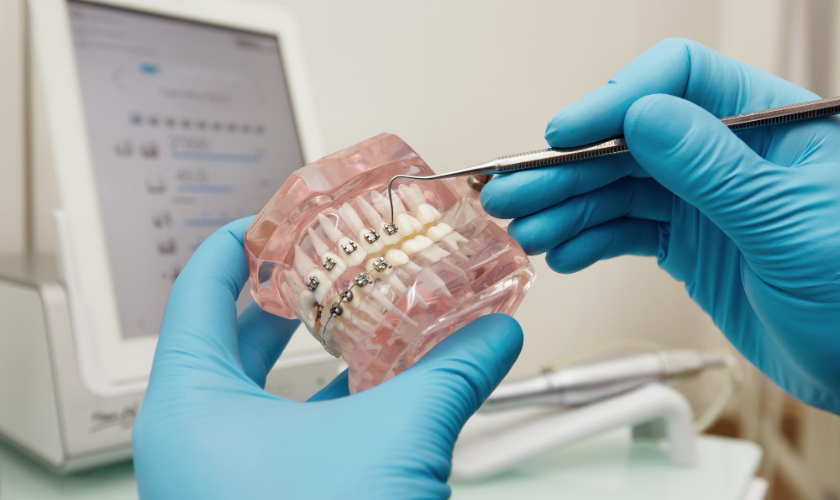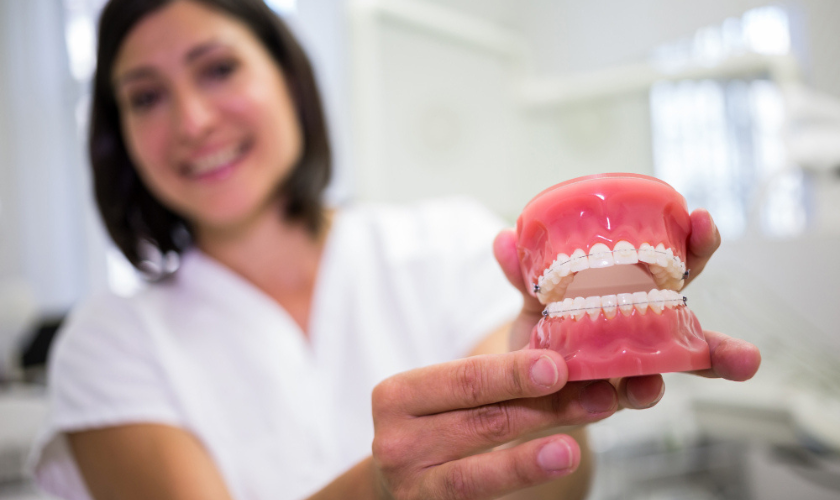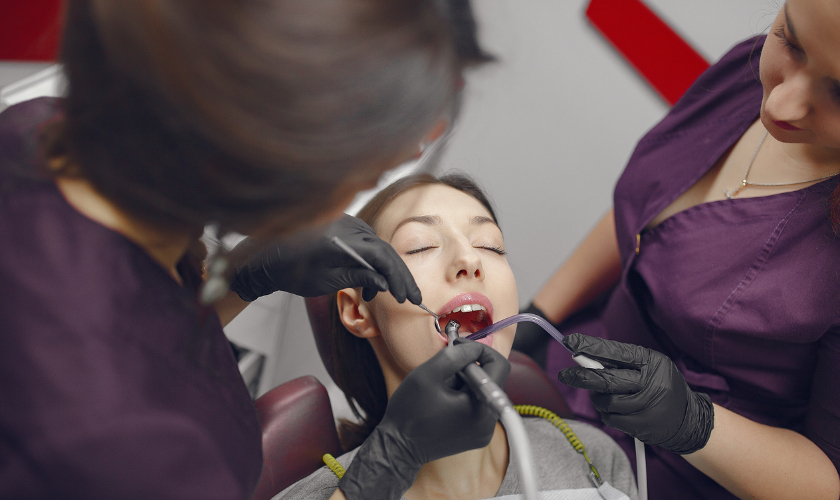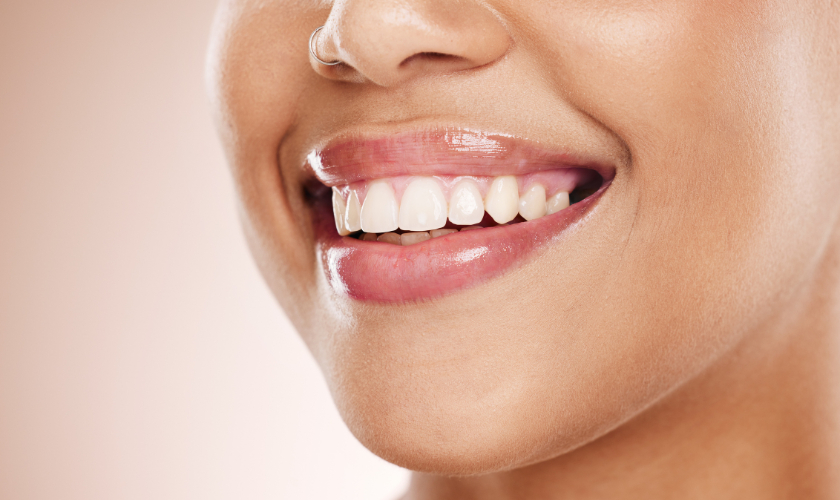Are you considering getting dental implants to replace missing teeth or improve your smile? This revolutionary procedure has become increasingly popular over the years thanks to its ability to restore function and aesthetics. However, before you jump right in, there are a few essential things that you need to know about dental implants. In this blog post, we’ll cover everything from dental implants and how they work to the benefits of choosing this treatment option over traditional dentures or bridges. So relax, and get ready to learn all about getting dental implants!
What Are Dental Implants?
They are a common and effective way to replace missing teeth. They are usually made of titanium and are surgically implanted into the jawbone. The implant merges with the bone over time, providing a strong and stable foundation for artificial teeth.
They can support a single tooth, a bridge, or a denture. They are a successful treatment option for missing teeth, with a success ratio of over 95%.
The disadvantages include the following:
- The cost (which can be significant).
- The surgical procedure required to place them.
- The fact that they require good oral hygiene.
Additionally, some people may experience complications such as infection or nerve damage after surgery.
Benefits of Dental Implants
The many benefits make them a popular choice for those missing one or more teeth. They are designed to provide a natural-looking and feeling tooth replacement that can last a lifetime with proper care. They also preserve the health of the surrounding teeth, as opposed to other options, such as bridges that rely on adjacent teeth for support. In addition, implants don’t require special care beyond regular brushing and flossing – no need to worry about soaking or removing them before sleep.
The Procedure for Getting Dental Implants
You may want to know the procedure if you’re considering getting these implants. Here’s a step-by-step guide to the procedure so you know what to expect:
1. Initial consultation: During your initial consultation, your dentist will examine your mouth and take X-rays to decide if you’re a good candidate for dental implants. They’ll also discuss the different types of implants available and help you decide which is correct.
2. Preparation: Once it’s been determined that you’re a qualified candidate for dental implants, the next step is preparation. It involves making sure your teeth and gums are healthy before the surgery. If you have any existing dental problems, they must be addressed first.
3. Surgery: The surgery itself is relatively straightforward. Your dentist will make small incisions in your gums and insert the implant into your jawbone. Once the implant is in place, they will close the incisions with stitches.
4. Recovery: After the surgery, you must take it easy for a few days as your mouth heals. You may undergo some swelling and bruising during this time. Your dentist will give you certain instructions on how to care for your mouth during recovery.
5. Follow-up appointments: Once you’ve recovered from the surgery, you’ll need to come
Factors that Impact the Cost of Dental Implants
The cost of such implants can depend on several different factors. Here are some things that can impact the price:
–The type of implant you choose. Several different types of dental implants are available, each with its own price tag. Speak to your dentist about the best type for you and your budget.
–The number of implants you need. If you need multiple implants, the overall cost
will be higher than if you only need one.
–The location of the implant. The price may differ depending on whether the implant is being placed in the upper or lower jaw and in the front or back of the mouth.
–Your dental insurance coverage. Certain insurance plans will cover part or all of the cost of dental implants, so be sure to check with your provider to see what your benefits are.
Aftercare and Follow Up
After your implant surgery, it is vital to take care of your mouth and follow the instructions given to you by the dental team. It includes eating soft foods, brushing and flossing regularly, and avoiding hard or crunchy foods. You may also be given a particular mouth rinse to help keep your implant clean. Following up with your dentist or oral surgeon for regular checkups and cleanings is essential.
Questions to Ask Your Dentist
Feeling comfortable and informed before any medical procedure, including dental implants, is essential. Here are a set of questions you may want to ask your dentist before getting implants:
-How much experience do you have with implant procedures?
-How many implants have you placed?
-What kind of training and education do you have in implant dentistry?
-What are the risks and possible complications associated with dental implants?
-How long does the procedure usually take, and what is the recovery time?
-What kind of aftercare will I need following the procedure?
-What are the success rates for dental implants?
-Will my insurance cover the cost of dental implants?
Asking questions is a vital part of the decision-making process regarding your health. Be sure to choose a dentist you feel comfortable with who can answer all your questions in a way that leaves you feeling informed and confident about your decision to get dental implants.
Conclusion
Getting dental implants can be a great way to restore your smile and improve the quality of your life. However, it would help if you took the time to understand what is involved in the process before you commit to it. With this article, we hope that we have provided enough information for you to decide whether or not getting dental implants would be right for you. Consider all of these factors and consult with a qualified dentist if necessary so that together you can determine if getting dental implants is the best choice for improving your oral health.









